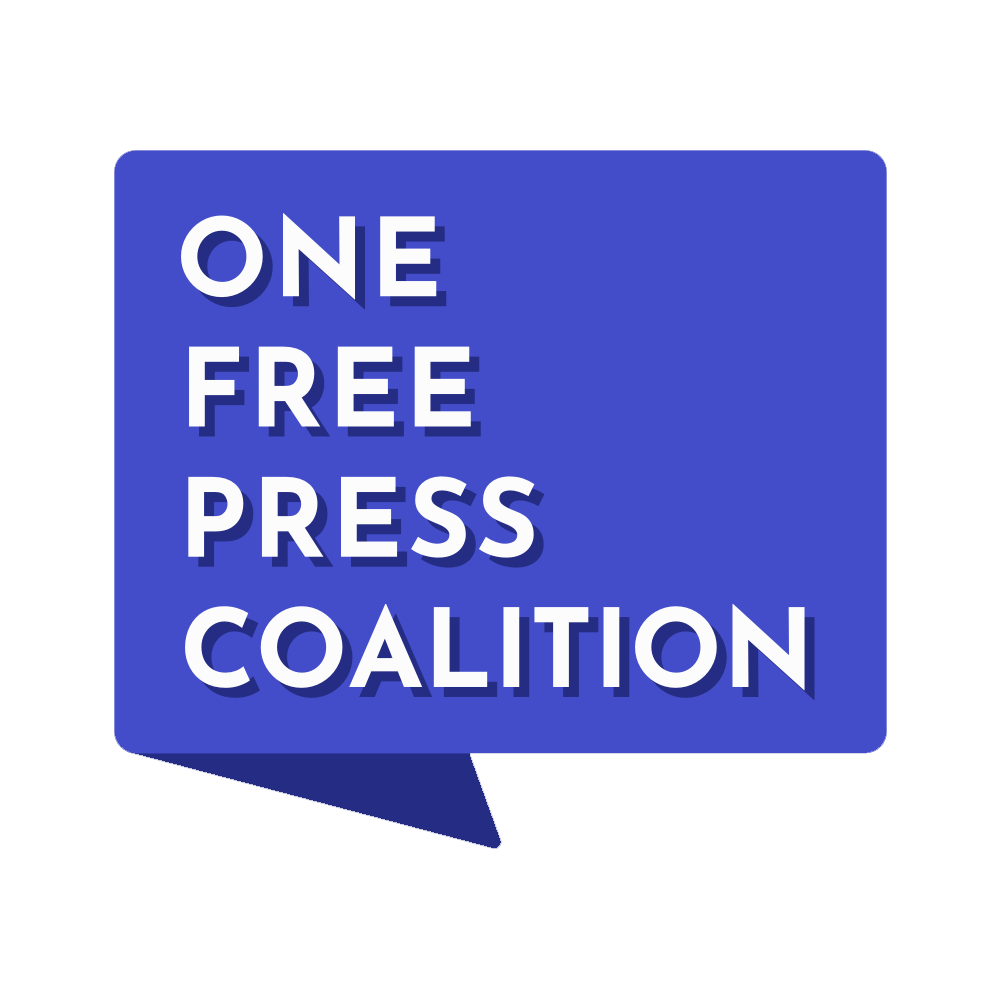On September 3, 2019 the Coalition launched the seventh monthly "10 Most Urgent" list (ranked in order of urgency), calling attention to the most pressing cases of journalists under attack for pursuing the truth.
1. Jamal Khashoggi (Saudi Arabia)
October 2 will mark one year since the brazen killing of Washington Post columnist Jamal Khashoggi. To date, there has been no independent criminal investigation, despite findings from the UN and CIA pointing to the Saudi crown prince’s involvement, calls for the White House to release intelligence reports, and a Congress-imposed deadline for presidential reply under the U.S. Global Magnitsky Act, which President Donald Trump declined to honor in February.
2. Lydia Cacho (Mexico)
Despite government-provided protection since 2009, one of Mexico’s most well-known investigative reporters, Lydia Cacho, continues to suffer retaliatory attacks for her freelance reporting and work promoting freedom of expression. In July, burglars raided her home, killing her pets and stealing electronic devices containing information about sexual abuse cases she was investigating. Throughout her career, she has also experienced death threats online and via phone, sexual violence, imprisonment and an assassination attempt.
3. Erick Kabendera (Tanzania)
After police detained freelance journalist Erick Kabendera on July 29 claiming to question his citizenship status (which has previously been investigated and cleared), they charged him August 5 with money laundering, tax evasion and assisting an organized crime racket. The charges appear to be efforts at justifying government detention and retaliation for his critical journalism, including recent reporting on alleged divisions in Tanzania’s ruling party for regional weekly The East African. The money laundering charge disqualifies him for bail, and assisting a criminal racket could carry a jail sentence of up to 15 years.
Claudia Duque (center) (IWMF)
In a 26-year career as an investigative journalist, Claudia Duque’s reporting has spurred opening of criminal cases against army members and political and judicial workers. During that time, however, she has endured kidnapping, illegal surveillance and psychological torture. In July the court overseeing the trial of Duque’s perpetrators ordered an injunction prohibiting Duque to question the court or the perpetrators, and to give opinions about the trial. If the gag order stands, Duque could face a 10-year prison sentence for speaking on the impunity surrounding her case.
5. Azory Gwanda (Tanzania)
Azory Gwanda, a freelance journalist investigating mysterious killings in rural Tanzania, has been missing since November 21, 2017. The government has failed to conduct a credible investigation or provide clear answers about his fate. On July 10, Tanzanian Foreign Minister Palamagamba Kabudi said in an interview Gwanda had “disappeared and died,” but backtracked amid requests for clarification.
6. Roberto Jesús Quiñones (Cuba)
On April 22 Cuban police beat and detained Roberto Jesús Quiñones while he was covering a trial as a contributor for CubaNet. Upon his release five days later, Cuban authorities alleged his conduct during detention constituted “resistance” and “disobedience,” for which they imposed charges and a fine. On August 7, a municipal court of the Cuban city of Guantánamo sentenced him to one year in prison for refusal to pay the fine. U.S. Secretary of State Mike Pompeo condemned Cuba’s “flagrant disregard for legal norms.”
Aasif Sultan (Credit Free Aasif Sultan_Facebook)
7. Aasif Sultan (India)
Amid a weeks-long communications blackout in Kashmir in August, CPJ documented the detainment and harassment of at least three journalists, two of whom have been released. That’s in addition to Aasif Sultan, a reporter for Kashmir Narrator, who has been behind bars for more than a year. He was arrested during a raid of his home in August 2018, months later was charged with “complicity” in “harboring known terrorists,” and has been repeatedly interrogated and asked to reveal his sources in a cover story written about a militant leader slain in July 2016.
8. Azimjon Askarov (Kyrgyzstan)
Award-winning journalist Azimjon Askarov, who is an ethnic Uzbek and has contributed to independent news websites including Voice of Freedom, has spent nine years in prison on trumped-up charges for reporting on human rights violations. Despite persistent international condemnation and calls for Askarov’s release, a Kyrgyz court that had reviewed his case in light of new legislation ruled to uphold his life sentence on July 30.
9. Khadija Ismayilova (Azerbaijan)
After exposing the money flows and property holdings which the Azerbaijani president and his family used to enrich themselves in 2014, investigative journalist Khadija Ismayilova spent 537 days in jail. The harassment cropped up again last month, when courts upheld tax evasion charges from her time as bureau chief for Radio Free Europe/Radio Liberty a decade ago—a nonprofit entity not subject to the tax, she claims. Additionally, Ismayilova is subject to a travel ban, financial penalties, frozen assets and an inability to report.
10. Masoud Kazemi (Iran)
In June courts sentenced Masoud Kazemi, editor-in-chief of the monthly Sedaye Parsi political magazine, to four and a half years in prison on charges of spreading anti-state propaganda and insulting the supreme leader and other Iranian officials. The charges stem from posts Kazemi made on Twitter in November 2018 relaying his reporting on corruption in Iran’s Ministry of Industry. Following imprisonment, he will also be subject to a two-year ban from working as a journalist.
